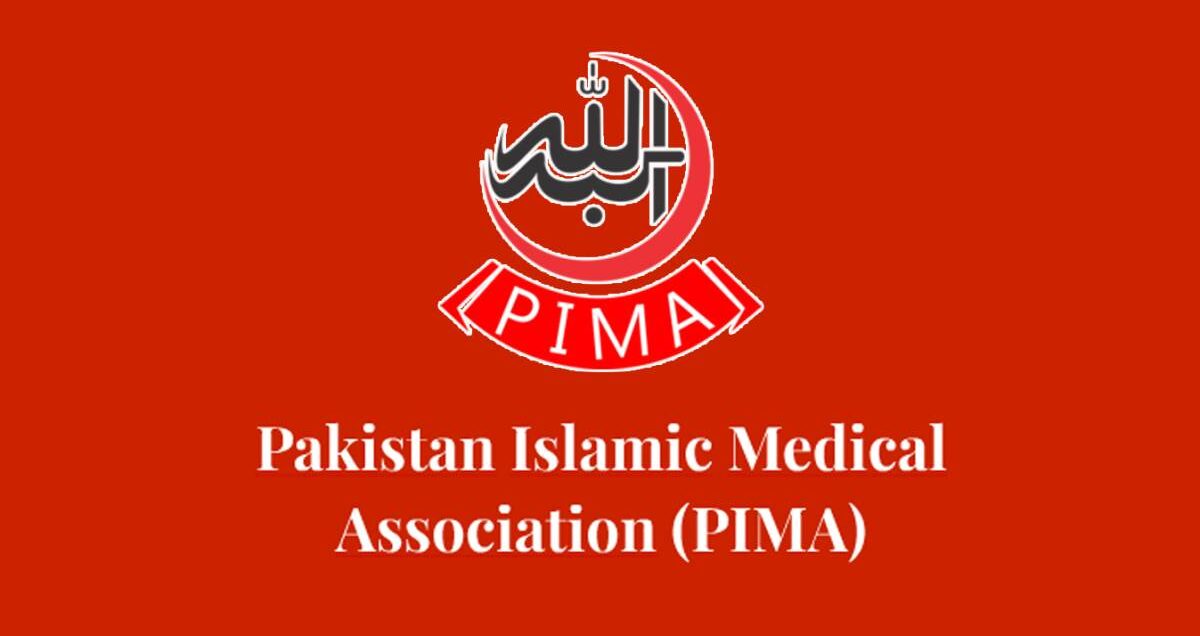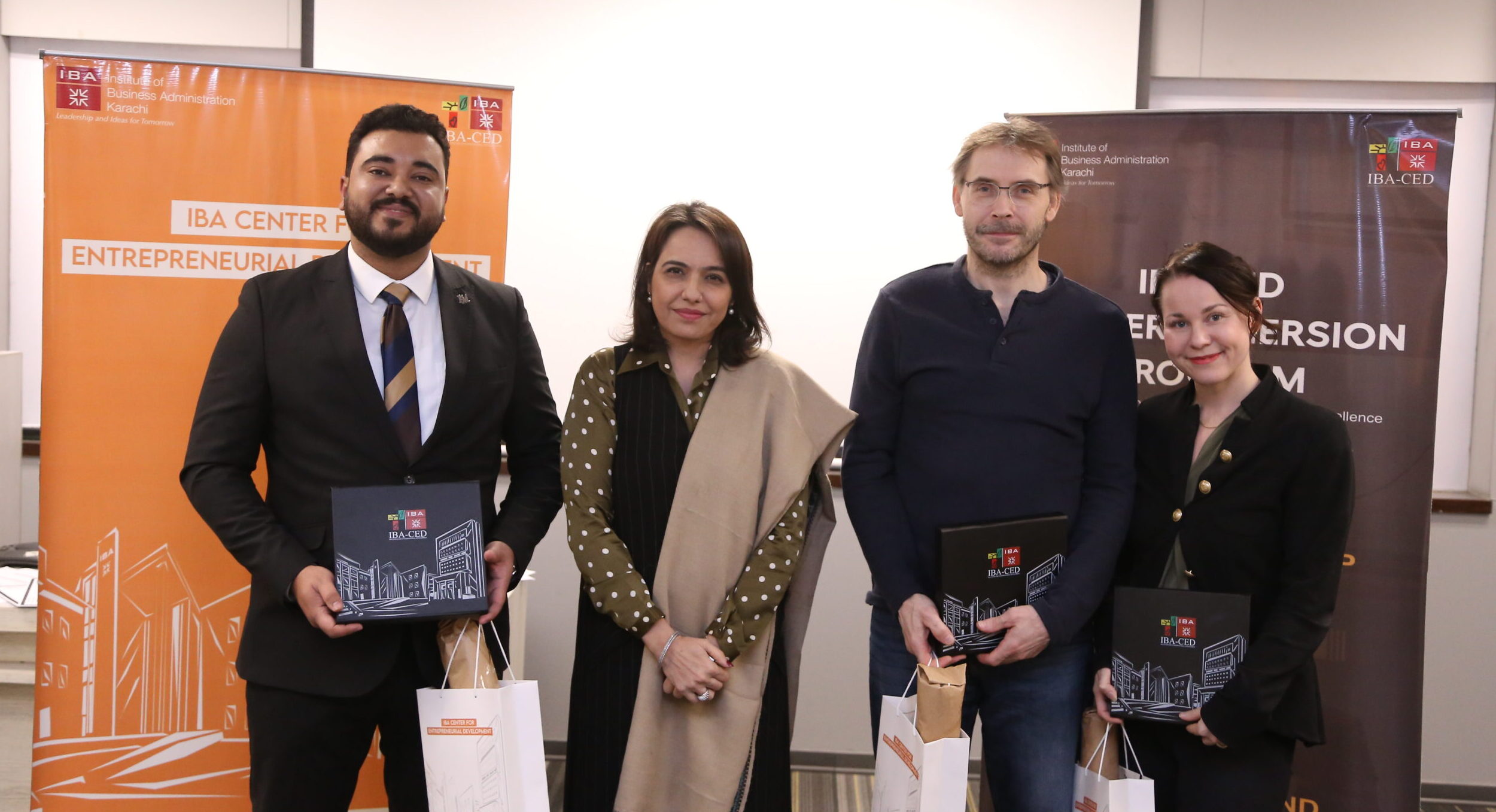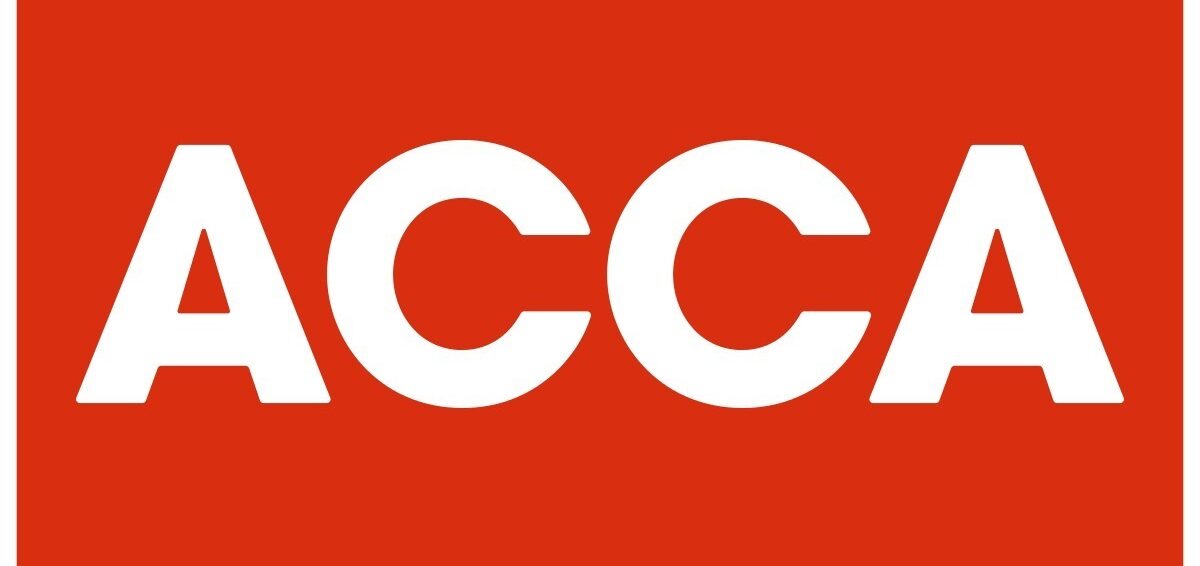Karachi, December 03, 2019: The research, commissioned by the Association of Chartered Certified Accountants (ACCA), has highlighted that of 932
In the professional accountancy body’s report Combating bribery in the SME sector, respondents outlined fears that procedures and policies and risk assessments are not always in place to help management and the employees.
The survey showed how SMEs value practising accountants for their all-round business support services, but that there is still a pressing need for collaborative work with governments around the world, inter-governmental departments and other stakeholders.
‘Bribery and corruption is not only a concern for SMEs. It is a concern for our society as a whole which continuously erodes ethical values and norms. The long-term harm done to the whole economy is recognised by many in the business world in Pakistan, and the official government messages that bribery and corruption must not be tolerated should be repeated loud and often. But practically supporting SMEs in Pakistan to tackle bribery and corruption should be the first step.’ – Sajjeed Aslam, head of ACCA Pakistan
Jason Piper, global policy lead for Business Law at ACCA, highlighted the challenges that SMEs face in understanding the legal requirements in connection with bribery and corruption.
Mr Piper pinpointed SMEs globally are overwhelmingly seeing bribery and corruption as having a negative impact on the business environment.
He said: ‘The findings from this survey are conclusive and show businesses are desperately searching for that much-needed support.
Globally, 62% of survey respondents believe SMEs that demonstrate strong anti-bribery credentials will be more likely to be able to trade with large businesses and public bodies. This reflects that fact that global enterprises are increasingly concerned about their supply chain exposure to a range of risks associated with CSR, including bribery and corruption issues.
‘Compared with our survey findings from six years ago, small businesses believe there is even less guidance on combating bribery and corruption. We found that employees negotiating on behalf of companies need awareness courses on what constitutes bribery – and more important how to deal with this.
‘Crucially, anti-bribery guidance for SMEs needs to be short and accessible. This is something most of our members questioned do not believe to be the case.’
Mr Piper concluded that whilst the accountancy profession has been working to support small businesses, collaborative work with governments around the world, inter-governmental departments and other stakeholders must continue to progress.
He said: ‘ACCA will continue to work with the stakeholders with the objective of more resources being made available. Governments need to ensure whistle-blowers remain protected – through developing additional guidance or improving awareness of what already exists in this area.’


























































































































































































































































































